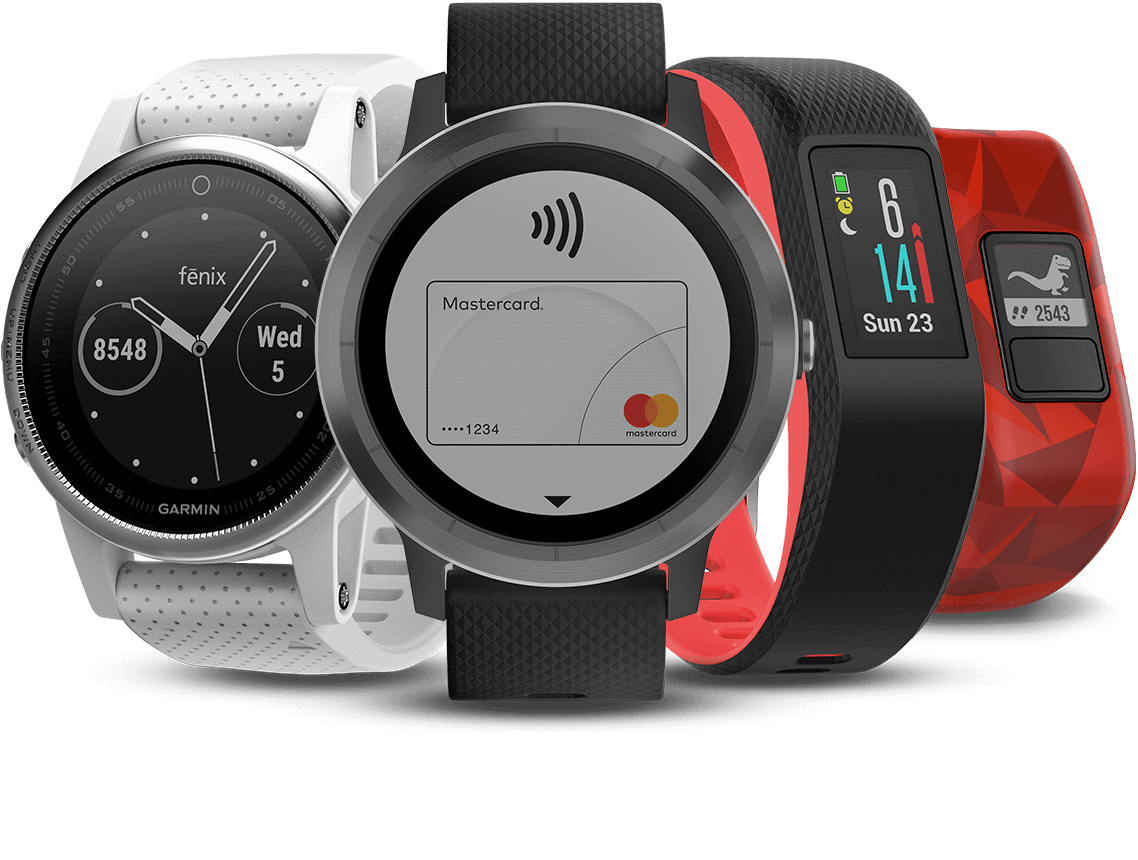Commonwealth Bank selects Garmin Pay over Apple Pay


The Commonwealth Bank of Australia (CBA) has announced it will be allowing customers to make payments using their Garmin smartwatch when the latest devices hit Australian shores in October.
With the adult smartwatches from the American multinational starting at AU$299, the bank said the offering opens up more ways to pay for its 4.4 million customers who have taken to app-based banking.
"In June this year we saw weekly transactions across the CommBank app hit AU$6.1 billion so we know customers love using their phones to make payments and do their banking," Michael Baumann, CBA GM of Everyday Banking & Payments, said in a statement on Monday.
The bank -- which will lose its CEO Ian Narev in mid-2018 -- has also revealed Android Pay will be available to customers with compatible Android devices "before the end of the year".
The Garmin smartwatch payments will be available across Android and iOS phones, although CBA does not offer Apple Pay, the payment wallet from the iPhone maker.
Apple Pay has been flagged as the most popular wallet by fintech analyst Juniper Research, with Apple Pay predicted to reach 86 million users by the end of 2017. However, its rollout in Australia has been stifled; the Australia and New Zealand Banking Group (ANZ) is the only member of the big four banks to adopt the iPhone maker's wallet.
CBA, Westpac, the National Australia Bank, and Bendigo and Adelaide Bank had previously sought regulatory approval to collectively negotiate with third-party mobile providers such as Apple on conditions relating to competition, best practice standards, and efficiency.
Throughout the process, the banks claimed they wanted access to the NFC controller in iPhones and reduced their argument earlier this year to solely focus on this, as Apple currently does not allow any other entity direct access to its technology.
The group argued that access would enable them to offer their own integrated digital wallets to iPhone customers in competition with Apple's digital wallet without using Apple Pay -- something Apple wanted to avoid.
The banks lost their fight in March, with the Australian Competition and Consumer Commission (ACCC) handing down a determination denying authorisation.
Prior to the determination from the ACCC, the banks baulked at settling for payment alternatives such as Android Pay, calling them "unrealistic" in the Australian market.
For CBA customers who use an iOS device, the bank has instead offered contactless payments via a PayTag sticker that mimics a PayPass card and allows payments of up to AU$100.
For the 2017 financial year, CBA reported record after-tax profit of AU$9.88 billion, an increase of 4.6 percent over the previous year, on AU$44 billion in revenue.
The bank's record result was overshadowed by allegations from the Australian Transaction Reports and Analysis Centre (Austrac) that the bank has been involved in "serious and systemic non-compliance" with the country's anti-money laundering laws.
Austrac began civil penalty proceedings against the bank in August, detailing 53,700 alleged breaches of the Anti-Money Laundering and Counter-Terrorism Financing Act 2006, which included failing to hand 53,506 threshold transaction reports (TTRs) for cash transactions over AU$10,000 to Austrac through intelligent deposit machines (IDMs) for almost three years between November 2012 and September 2015.
Melbourne law firm Maurice Blackburn and litigation funder IMF Bentham announced they would be pursuing class action on behalf of the bank's 800,000 registered shareholders following the Austrac allegations.